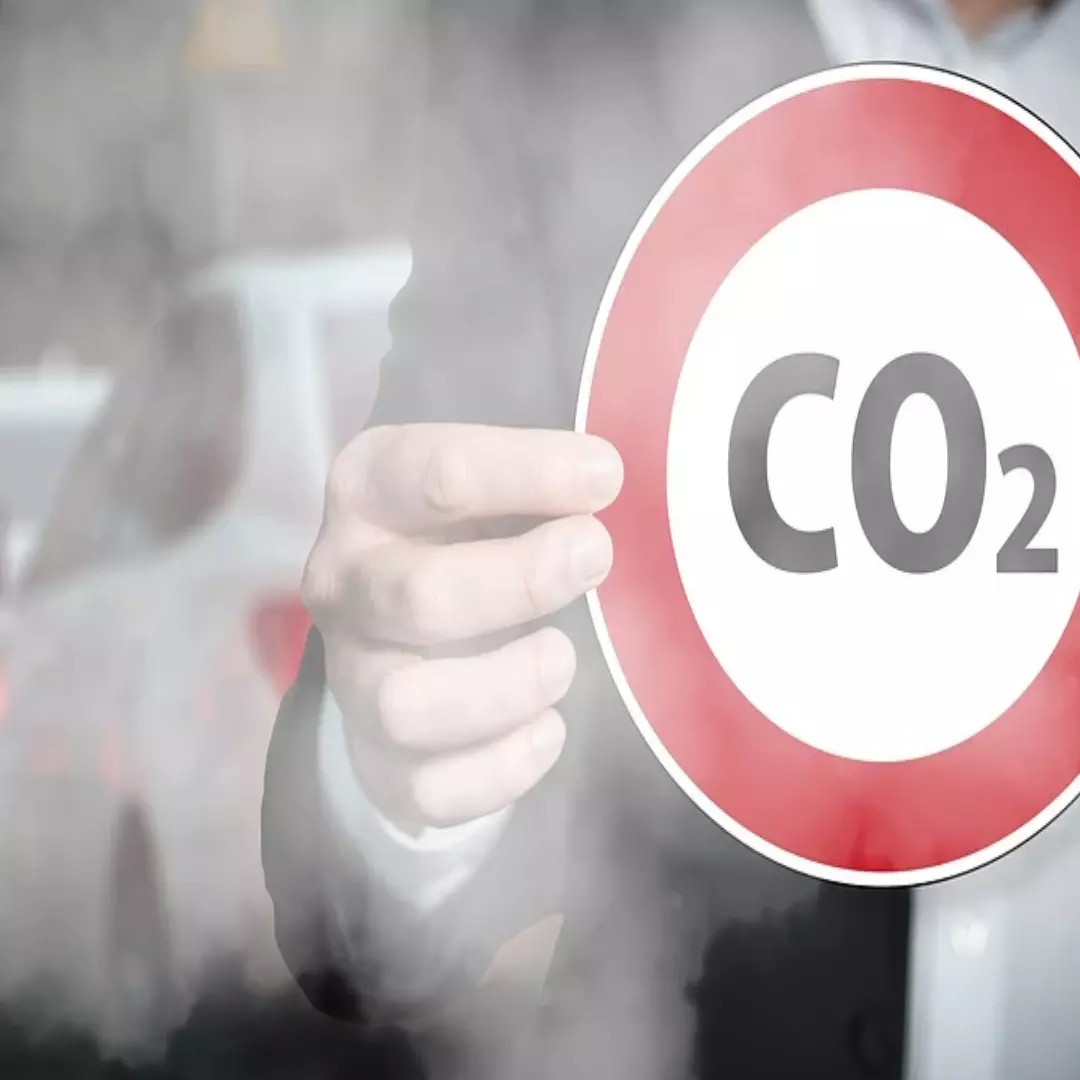
Image Credits: Pixabay (Representative)
New Study By IITR Highlights Alarming Link Between Automobile Emissions & Air Pollution
Writer: Aakanksha Jetley
She is a passionate creative writer aspiring to be a journalist. An avid reader, writer-performer, and appreciator of poetry who is in complete awe of everything art. She closely follows all updates related to politics, lifestyle, travel, and the entertainment industry.
Uttar Pradesh, 10 Jun 2023 11:50 AM GMT
Editor : Ankita Singh |
A literature lover who likes delving deeper into a wide range of societal issues and expresses her opinions about the same. Keeps looking for best-read recommendations while enjoying her coffee and tea.
Creatives : Ankita Singh
A literature lover who likes delving deeper into a wide range of societal issues and expresses her opinions about the same. Keeps looking for best-read recommendations while enjoying her coffee and tea.
A recent report from the Indian Institute of Toxicology Research (IITR) has shown that air pollution during the 2022-2023 period was primarily caused by automobiles. The report mentioned that registered vehicles had increased by 6.3% since 2022.
A recent report from the Indian Institute of Toxicology Research (IITR) has shown that air pollution during the 2022-2023 period was primarily caused by automobiles. The report noted that registered vehicles had increased by 6.3% since 2022.
Lucknow, for example, has seen a significant increase in registered cars and two-wheelers. According to recent data, there are now over 28 lakh registered cars in the city, up from around 26.5 lakhs last year. Two-wheelers account for 20 lakhs of the total number. This rise in vehicle ownership has had implications on the environment. This year, the number of municipal electric buses has also risen from 97 to 196, an increase of 100.
These figures were gathered by combining information from the Regional Transport Office and the State Road Transport Corporation. The petrol and diesel consumption rates were obtained from fuel outlets in the city operated by major oil companies in the country.
While the city's pre-monsoon ambient air quality was assessed by the Environment Monitoring Division of the CSIR's IITR lab, as per a report in the Business Standard
Automobile-Related Air Pollution
The air quality of Lucknow was determined by measuring the amounts of respirable suspended particulate matter and fine particulate matter, gases, and traces of lead and nickel at nine monitoring sites.
However, the research said that while vehicles were one of the most significant contributors to the observed air pollution, it was less than the reported noise pollution levels. During the survey, the researchers attributed the increased air pollution to unseasonal and scattered rainfall in various regions.
According to a scientist involved in the research and assessment, there is no direct correlation that can be made between the increase in vehicles or the consumption of petrol and the air quality; however, they are contributing factors and, along with a slew of other conditions, do contribute to the change in ambient air quality.
"Several factors like weather conditions, construction works, locations of data collection centres, all affect the recorded air quality for that particular time, as air quality is a constantly fluctuating variable, " said the scientist
He further explained by saying, "But by and large, if seen from a very simplistic perspective, the rise in the number of vehicles as well as the rise in consumption of these oils are bound to impact that air quality and negatively affect the environment."
Also Read: NMC Approves 50 New Medical Colleges In 15 States With Over 8,000 MBBS Seats
 All section
All section













